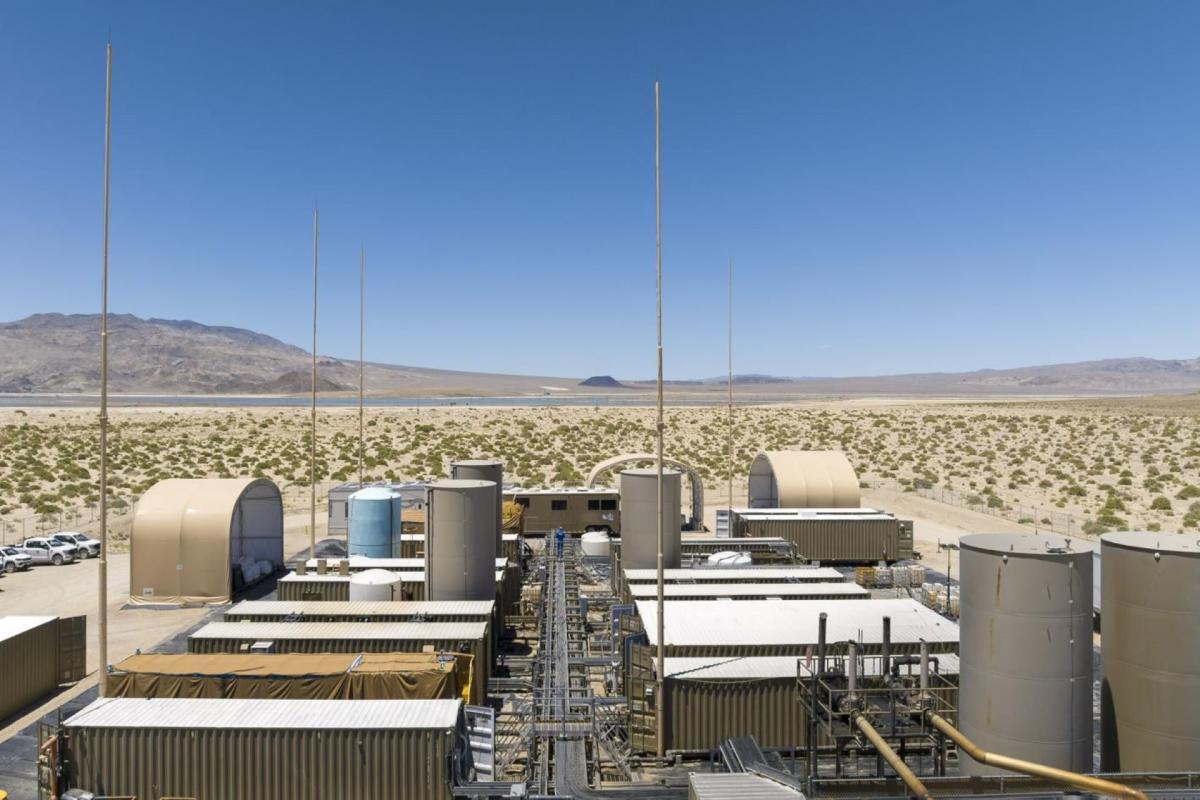Company makes groundbreaking discovery that could change the future of electric vehicles: ‘This accelerates deployment’

Many of the biggest keys to a sustainable future, such as electric vehicles, rely on lithium batteries for their clean energy. That’s why unlocking cleaner, faster, and more efficient lithium production is a massive need for green tech in the shift from dirty energy.
SLB, an energy tech company, just announced game-changing results that could revolutionize lithium production, as Interesting Engineering details.
The biggest critique of the most prominent current method of extracting lithium, evaporation, is that it’s inefficient, requires a ton of land and water, leaves chemicals on the surface, and can take up to 18 months. The company tackled all of those challenges with what it described as a “proprietary integrated solution” leveraging direct lithium extraction.
“Lithium is a key enabler of electrification, so we must find ways to accelerate its production without adversely affecting the environment,” Gavin Rennick, president of SLB’s New Energy business, said in a press release.
The results of the new method blew away evaporation in all metrics.
The company shared that in mere hours, it extracted 96% of lithium from brine, which easily beats out evaporation’s recovery rate of 50% or less. SLB says it achieved that despite using around 10% of the land that evaporation uses with “significantly less water, energy and fewer chemical reagents.”
Watch now: Mainstreaming Sustainability with The Cool Down and Zeno Group
SLB also noted that its “solution is highly flexible and can be adjusted to produce” the two lithium components used for cellphone batteries and long-range EV batteries.
Right now, critics of EVs and other lithium-dependent machines point to lithium production as a wasteful process that counterproductively harms the environment. There is some truth to it. Still, it’s worth noting that mining for coal, gas, and oil is still far more damaging to the planet.
The gains in lowering contributions to dirty energy via EVs and other products that don’t pollute the earth and warm the planet exceed the downsides.
If you were going to purchase an EV, which of these factors would be most important to you?
Cost
Battery range
Power and speed
The way it looks
Click your choice to see results and speak your mind
Even so, the current problems of lithium production are spurring companies and researchers globally to seek solutions and alternatives.
Princeton scientists are looking at using a string concept to optimize lithium production and storage. Counterparts in Australia are exploring a more efficient and less resource-dependent process of their own.
Meanwhile, researchers are exploring alternatives to the minerals like peanut shells and even cow hair. Similarly, researchers in Tokyo are studying alkaline as an alternative solution.
SLB’s method addresses the inefficiencies and waste of lithium production head-on with a promising approach to cleaning up and expediting it. The company says its success paves the way to potentially take over 100% ownership of the project as part of an earn-in agreement with Pure Energy Minerals Ltd.
Rennick is bullish on the prospects for the future, saying the solution is the “fastest, most economical and sustainable way for today’s market.”
“This accelerates deployment of viable commercial-scale facilities for high-quality lithium products that are the backbone of our electrification economy,” he added.
Join our free newsletter for weekly updates on the latest innovations improving our lives and shaping our future, and don’t miss this cool list of easy ways to help yourself while helping the planet.

